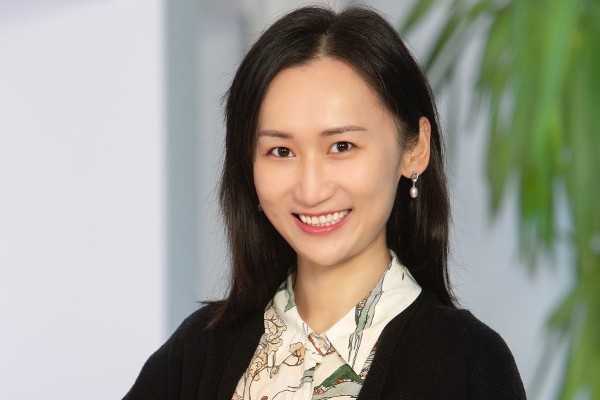
Recognising the importance of women in entrepreneurship at Tyndall, we are proud to feature Li Yao (Celina) Li, PhD student in the Biophotonics@Tyndall group and entrepreneur of OTMD, one of this year’s promising finalists from pre-accelerator programme ‘Explorer’.
_li%2C_one_of_tyndall%E2%80%99s_budding_entrepreneurs_and_promising_explorer_finalists.jpg)
PhD Student,
Biophotonics Group, IPIC,
Tyndall National Institute.
Tell us about your current role at Tyndall?
I am a full-time PhD student in Engineering Science, specifically in the Biophotonics team in IPIC (SFI Centre for Photonics). I am currently working on the integration of optical imaging into surgical instruments in the field of orthopaedics for real-time monitoring of tissues.
Did you have a role model that inspired you to pursue a career in Biophotonics?
My role model would be my Masters supervisor Dr Brian C. Wilson whose work ethics and contribution to the field have inspired me to pursue a PhD in Biophotonics. Furthermore, I worked with Dr Margarete Akens in the same Biophotonics group during my Masters study. Her dedication to research specifically in bone-related cancers motivated me to also start biophotonics research in orthopaedic surgery.
What motivated you to apply for the Explorer programme?
My drive for pursuing an entrepreneurial path as well as the unique opportunity to learn from the experiences of successful entrepreneurs are the factors that motivated me to participate in the Explorer programme. I believe that this programme will prepare me well for my future.
Tell us about your project OTMD and what you hope to achieve?
OTMD stands for Optical Tumour Margin Detection. Our team is aiming to bring a leading-edge diagnostic technology for primary brain cancer surgery from laboratory to hospital. The miniaturized, hand-held device, based on the intensity signals of diffuse reflectance and autofluorescence in tissues encountered, will aid the surgeon in real time to quantitatively differentiate healthy brain tissue from tumour, thus enabling more precise resection and improved overall survival rate for patients.
What supports have you received from the Explorer programme?
The Explorer programme has provided me with valuable mentoring from very experienced coaches and an insight into the learnings and experiences shared by successful entrepreneurs.
What advice would you give to other PhD candidates looking to follow in your footsteps?
Believe in yourself and pursue your dream without hesitation because there are a lot of resources available to seek support from. Also, embrace every training opportunity available, regardless of whether you plan to pursue a path with industry or academia in the future.
What could be done to raise the profile of (support) women in STEM and #BreakTheBias (International Women’s Day theme this year)?
1. Continue promoting gender equality in STEM.
2. Continue promotion of participation in programs and training that are dedicated to empowering women.
3. Increase the availability of career opportunities with equal pay for women.
How do you think we can encourage more women in STEM to embrace entrepreneurship?
1. Strengthen equal participation in entrepreneurial programmes and training.
2. Continue promoting entrepreneurship to women in STEM through EPE activities and outreach to elementary/secondary schools.
